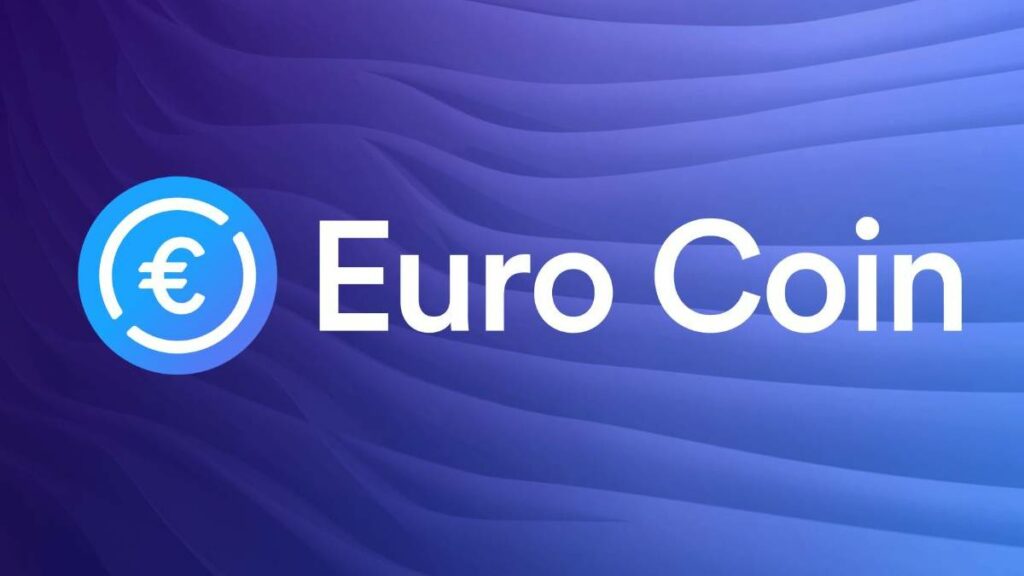TL;DR
- The volume growth of euro-backed stablecoins raises concerns about centralization and government control in the cryptocurrency market.
- Despite the growing demand for euro-linked stablecoins, their issuance by government entities contradicts the principles of decentralization and financial freedom.
- The proposed regulations could strengthen the position of government-issued stablecoins, potentially limiting competition and diversity in the cryptocurrency market.
The cryptocurrency market is experiencing significant growth in Europe, with a notable increase in the volume of euro-backed stablecoins.
This reflects a major shift in market dynamics, where US dollar-backed stablecoins traditionally dominated the space.
Euro-backed stablecoin volumes are growing pic.twitter.com/gzau1BfcqM
— Kaiko (@KaikoData) June 11, 2024
According to data provided by Kaiko, the trading volume of euro-pegged stablecoins has reached record levels since the beginning of the year, consistently exceeding $40 million.
However, this growth also raises concerns about centralization and government control in the cryptocurrency market.
While the rise of the stablecoin market can be considered an indicator of the growing adoption of cryptocurrencies, their issuance by government entities raises serious concerns.
These euro-backed digital currencies are subject to the authority and regulation of governments, undermining the financial independence and autonomy that cryptocurrencies aim to offer individuals.
Furthermore, proposed regulations to strengthen the stablecoin sector could exacerbate this problem by favoring the issuance of government-backed stablecoins.
If these regulations are not carefully implemented, they could consolidate power in the hands of government institutions, thus limiting diversity and competition in the cryptocurrency market.
The emphasis on regulatory compliance could also discourage innovation in the cryptocurrency space, as companies are forced to comply with strict government requirements instead of focusing on the development of decentralized technologies and innovative financial solutions.
Challenges of Stablecoins for decentralization and financial freedom
While the growth of the euro-backed stablecoin market may be an indication of the growing adoption of cryptocurrencies in Europe, it also poses significant challenges to decentralization and financial freedom.
The issuance and regulation of these digital currencies by government entities contradicts the fundamental principles of cryptocurrencies and could have long-term repercussions on the global financial ecosystem.
This could lead to further centralization of the cryptocurrency market, where government authorities exercise significant control over the issuance and regulation of digital currencies, thus undermining the original vision of a decentralized and autonomous financial system.











